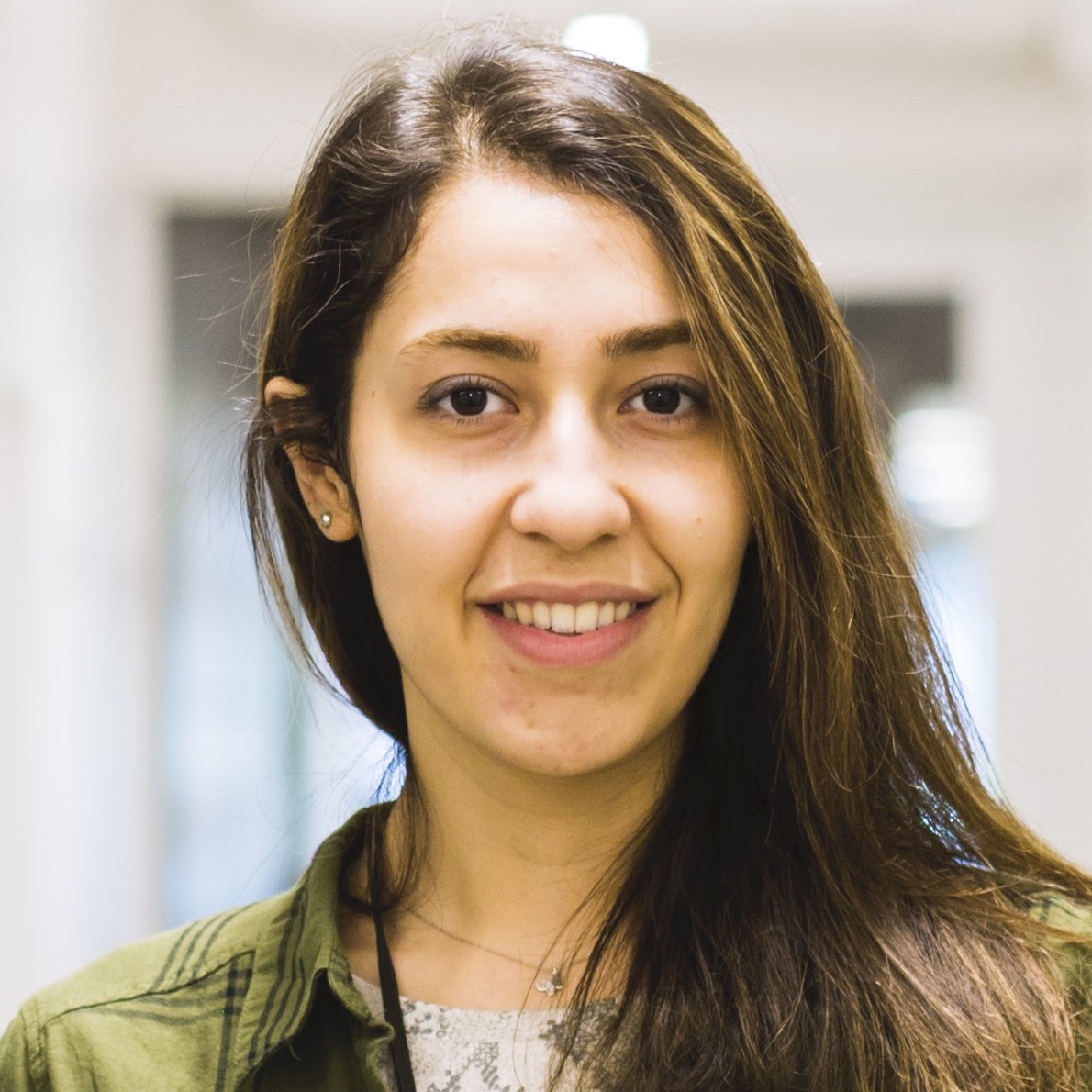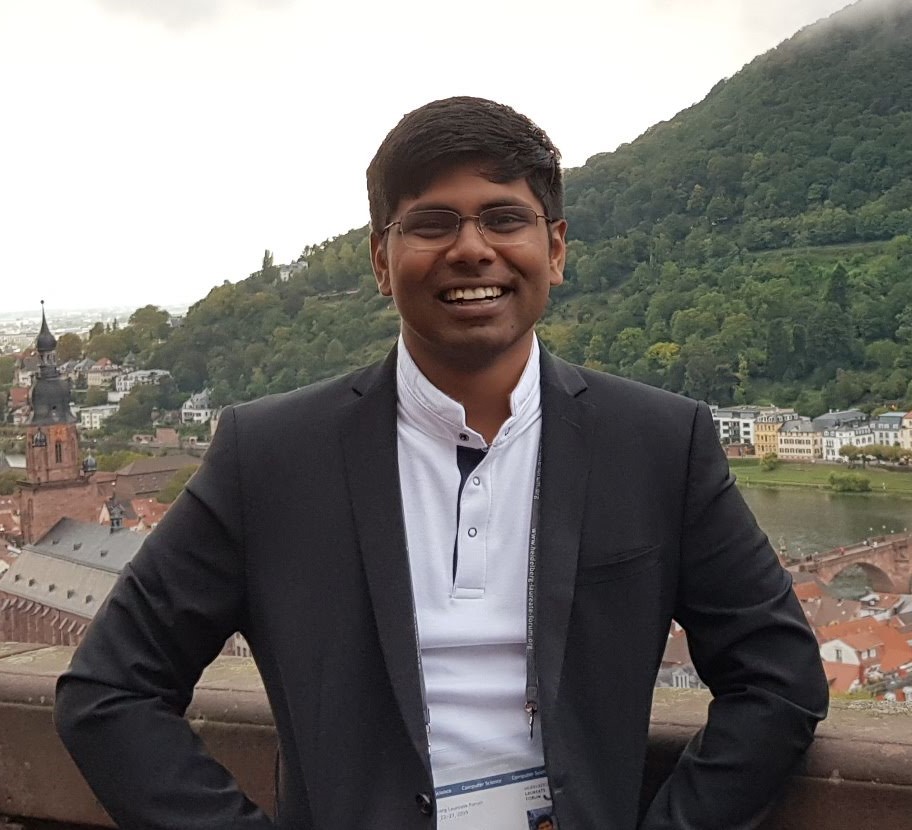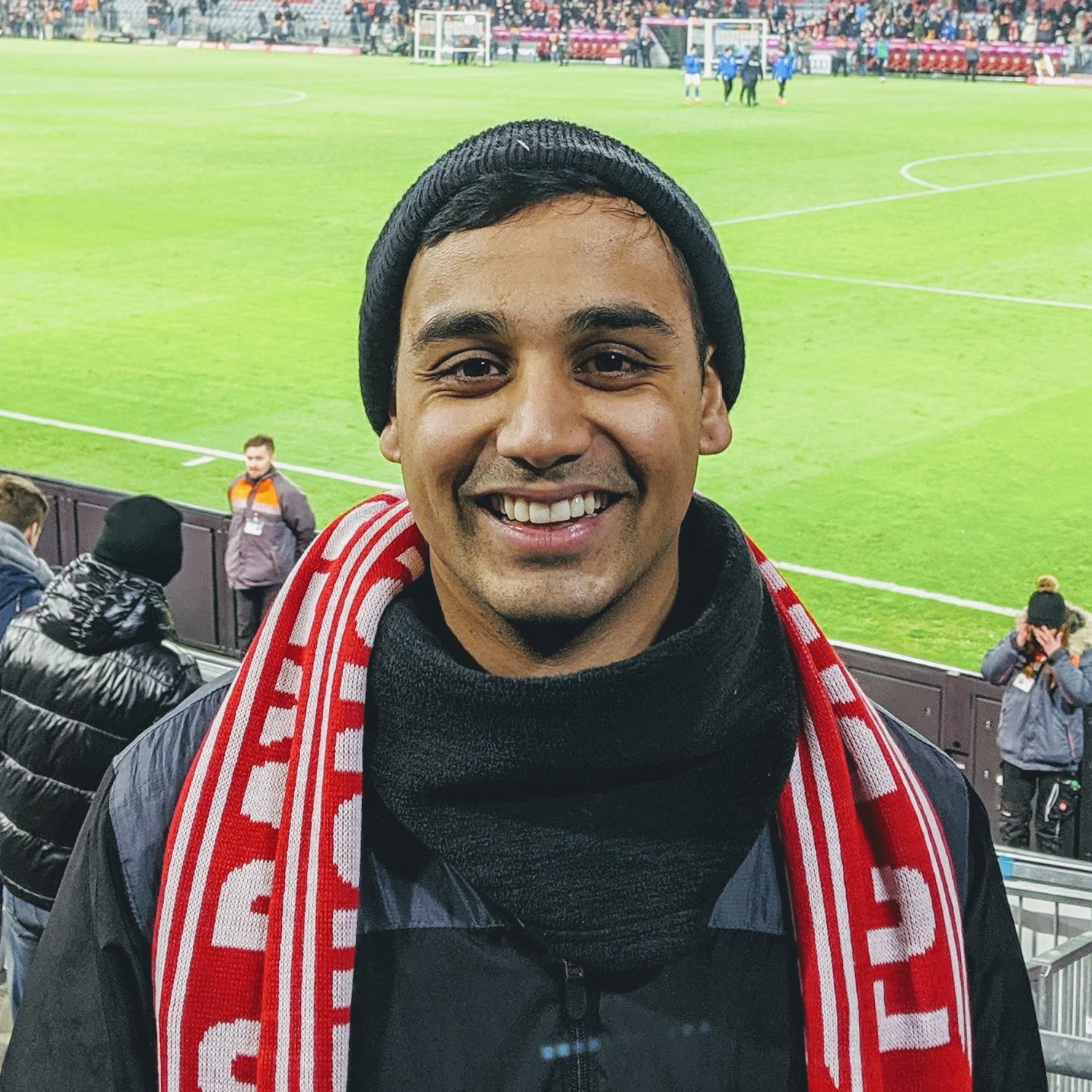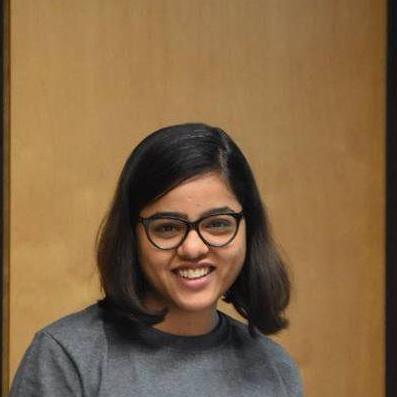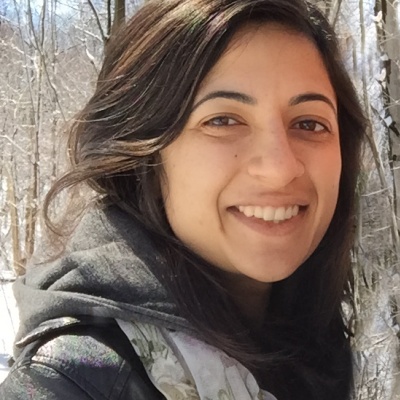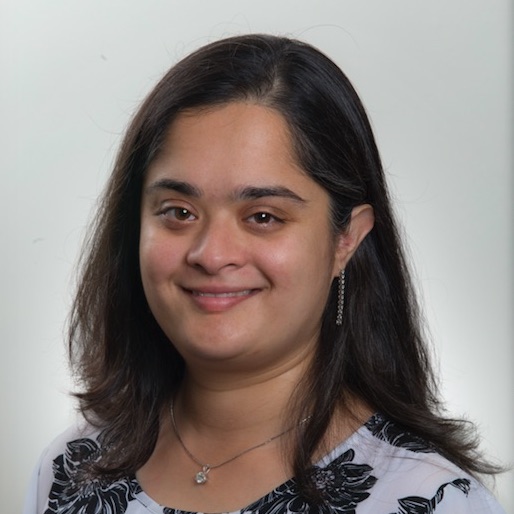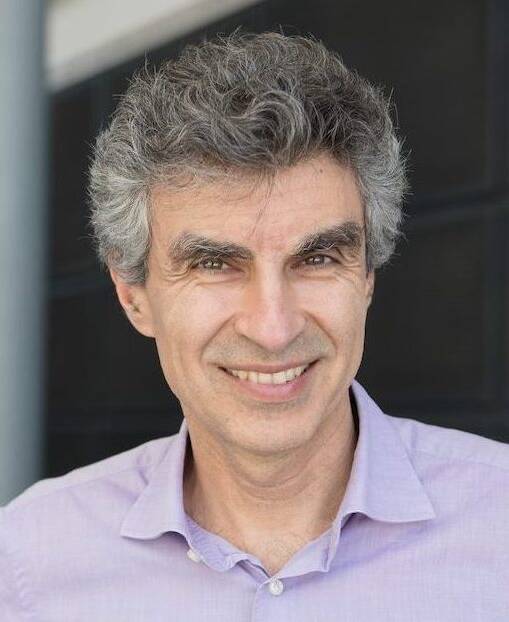People
|
|
Krishna Murthy is a PhD student at Mila and the Robotics and Embodied AI Lab, advised by Liam Paull. His research strives to develop embodied agents that perceive, reason, and act intelligently. |
|
|
|
Mandana Samiei is currently a PhD student at Mila and Reasoning and Learning Lab at McGill. She is mainly interested in reinforcement learning and developmental learning in brain and combining both. |
|
|
|
Aditya Kusupati is a PhD student at University of Washington jointly advised by Ali Farhadi and Sham Kakade. His research interests lie in the intersection of machine learning, computer vision and robotics. |
|
|
|
Breandan Considine is a PhD student at McGill University, advised by Jin Guo. His research studies the relationship between software and machine learning, to reason about the behavior of real-world programs and use those insights to build more intelligent programming tools for developers. |
|
|
|
Amy Tabb is a research scientist at a U.S. Department of Agriculture Lab working at the intersection of computer vision, robotics, agricultural automation, and plant phenotyping. She develops algorithms and systems to perceive aspects of plants for agricultural automation and plant phenotyping using computer vision and robotics. |
|
|
|
Anna Rogers is a post-doctoral associate at the University of Copenhagen, working with research groups in the Center for Social Data Science and Machine Learning. Her main research area is Natural Language Processing, she also works on interpretability and evaluation of deep learning models, as well as computational social science. |
|
|
|
Bhairav Mehta is a PhD student at MIT working with Max Tegmark, woring on optimization and multi-task learning of deep neural networks, especially in sequential learning, reinforcement learning, and non-iid data settings. |
|
|
|
Khimya Khetarpal is a Ph.D. candidate with Doina Precup in the Reasoning and Learning Lab at McGill University and Mila, Montreal. Her research focuses on learning generalized temporal abstractions across both action and perception grounded in theoretical foundations of reinforcement learning. |
|
|
|
Sara Hooker is a researcher at Google Brain working on training models that go beyond test-set accuracy to fulfill multiple desired criteria – interpretable, compact, fair and robust. |
|
|
|
Tegan Maharaj is a PhD student at Mila, advised by Chris Pal. Her recent research aims to bring together the fields of deep learning and theoretical ecology with active projects in ecosystem modeling and deep networks, including work collecting datasets, in multi-agent RL, counterfactual inference, and meta-learning. |
|
|
|
Devi Parikh is an Associate Professor in the School of Interactive Computing at Georgia Tech, and a Research Scientist at Facebook AI Research. Her research interests are in computer vision, natural language processing, embodied AI, human-AI collaboration, and AI for creativity. |
|
|
|
Polo Chau is an Associate Professor of Computing at Georgia Tech, the Director of Industry Relations of The Institute for Data Engineering and Science (IDEaS), and the Associate Director of Corporate Relations of The Center for Machine Learning. His research group bridges machine learning and visualization to synthesize scalable interactive tools for making sense of massive datasets, interpreting complex AI models, and solving real world problems in cybersecurity, human-centered AI, graph visualization and mining, and social good. |
|
|
|
Derek Nowrouzezahrai is an Associate Professor at McGill, a core faculty at Mila, the NSERC/Ubisoft Industrial Research Chair in Believable Virtual Character Experiences, and the Director of McGill’s Graphics Lab. He served as a chair for the I3D symposium in 2019, Eurographics symposium on rendering in 2015, and SIBGRAPI in 2014. He has co-organized multiple workshops at related venues. |
|
|
|
Yoshua Bengio is a professor in the Department of Computer Science and Operational Research at the Université de Montréal, Co-Director of CIFAR’s Learning in Machines & Brains Program Co-Director, founder and scientific director of Mila, the Quebec Artificial Intelligence Institute, the world’s largest university-based research group in deep learning. |
Reviewers
We thank all reviewers for providing thoughtful and constructive reviews!
| Dmytro Mishkin | Falaah Arif Khan | Bindita Chaudhuri |
| Vinay Uday Prabhu | Gargi Balasubramaniam | Jessica Zosa Forde |
| Jeevan Shankar | Robert Pienta | Nishan Srishankar |
| Alan Chan | Veronika Cheplygina | Niveditha Kalavakonda |
| Ahmad Ghasemi | Neerav Karani | Akshayvarun Subramanya |
| Alexandra Luccioni | Prashnna Kumar Gyawali | Berton Earnshaw |
| Fred Hohman | Bilal Alsallakh | Deshraj Yadav |
| Alex Hernández-García | Eunice Jun | Shubham Chandel |
| Fan Bai | Matthew O’Shaughnessy | Mina Aminghafari |
| Jay Wang | Mustafa Hajij | Sayantan Das |
| Scott Freitas | Shyamgopal Karthik | Xavier Bouthillier |

